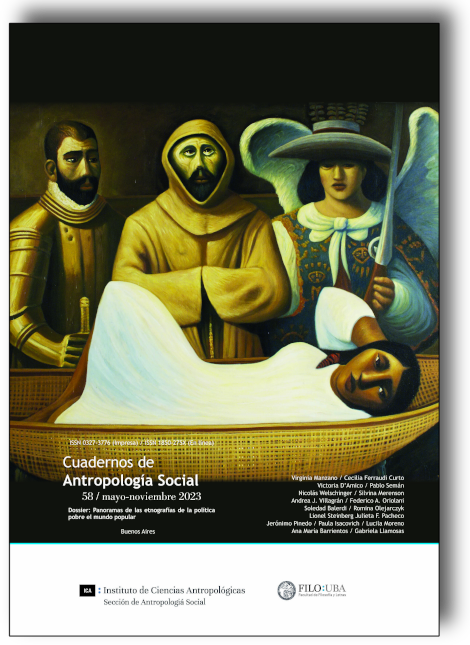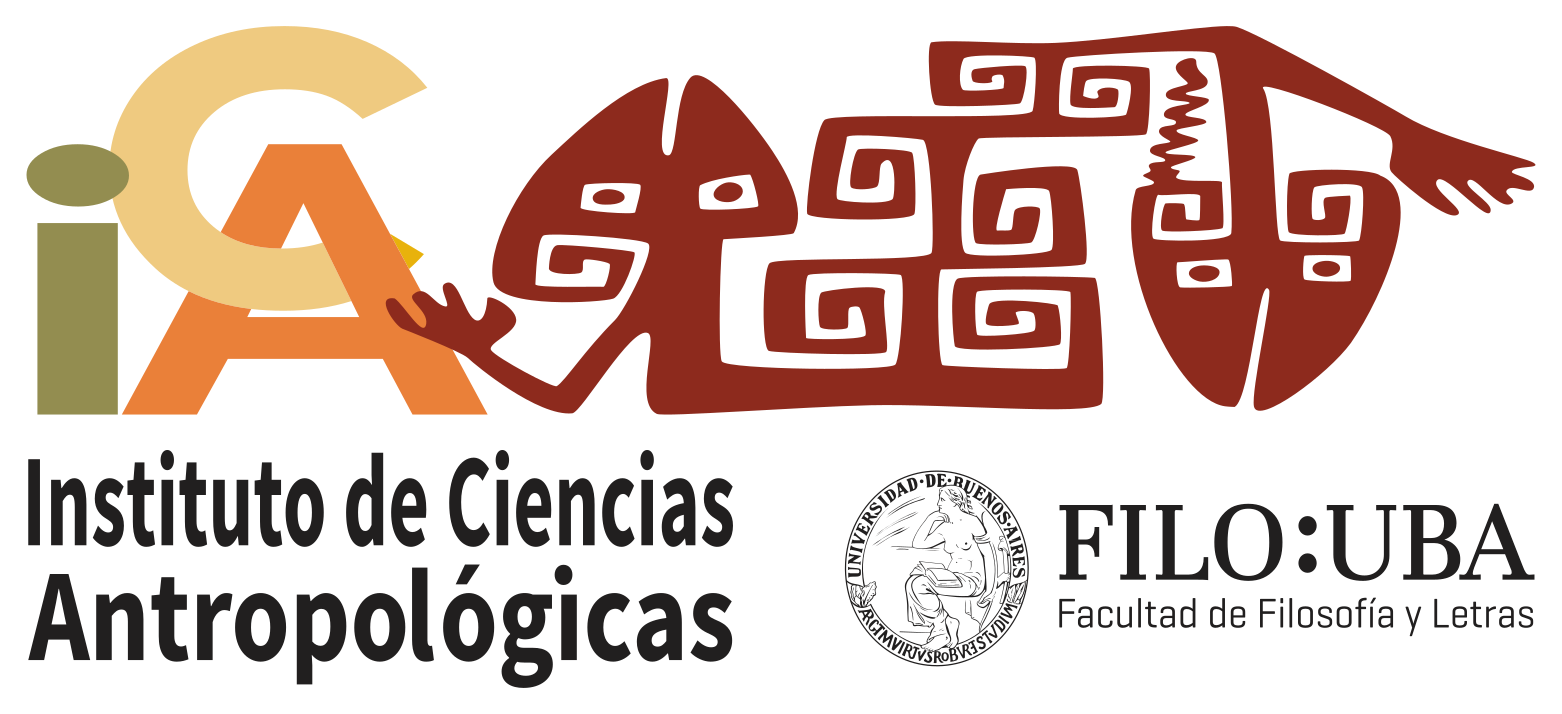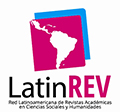The ways of requesting and networks of life reproduction
Multitemporal ethnographic vignettes situated in a locality of the Calchaquí Valley in Salta, Argentina
Abstract
This article reflects on the relationship between politics and popular sectors based on an ethnographic exploration that links the past and present in a rural town in the Valles Calchaquíes region, province of Salta, northern Argentina. The forms of access to resources and basic goods for the reproduction of life and the social relations involved in this are investigated. The analysis interrelates the dismantling of the residential work system of wine estates, the traditional forms of access to land and housing with the process of formation of statehood networks at the municipal level. Two moments are taken, the 1970s and 80s and 2019-2020 and two ethnographic routes of treatment: the social plots of the implementation of the first social housing plan in the town of Animaná (San Carlos department) and the interactions involved around municipal “aid” and “assistance”. The methodological strategies complement field work in the field - the observation and recording of everyday situations and conducting interviews in different periods with multiple social actors - with the analysis of administrative documents and written sources of institutional origin.Downloads
Copyright (c) 2023 Andrea Villagrán

This work is licensed under a Creative Commons Attribution 4.0 International License.

Esta obra está bajo una Licencia Creative Commons Atribución 4.0 Internacional
Cuadernos de Antropología Social sostiene su compromiso con las políticas de Acceso Abierto a la información científica, al considerar que tanto las publicaciones científicas como las investigaciones financiadas con fondos públicos deben circular en Internet en forma libre, gratuita y sin restricciones.
Los contenidos y opiniones expresadas en los artículos publicados son de entera responsabilidad de sus autores.
Los autores/as que publiquen en esta revista aceptan las siguientes condiciones:
- Los autores/as conservan los derechos de autor y ceden a la revista el derecho de la primera publicación, bajo la licencia de atribución de Creative Commons, que permite a terceros utilizar lo publicado siempre que mencionen la autoría del trabajo y a la primera publicación en esta revista.
- Los autores/as pueden realizar otros acuerdos contractuales independientes y adicionales para la distribución no exclusiva de la versión del artículo publicado en esta revista (p. ej., incluirlo en un repositorio institucional o publicarlo en un libro) siempre que indiquen claramente que el trabajo se publicó por primera vez en esta revista.















